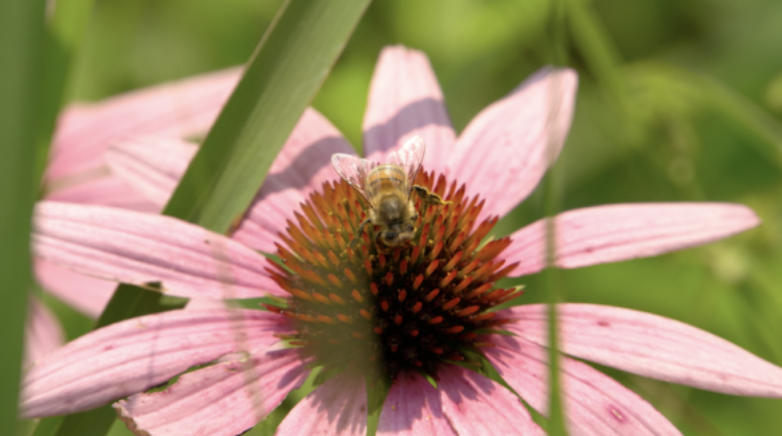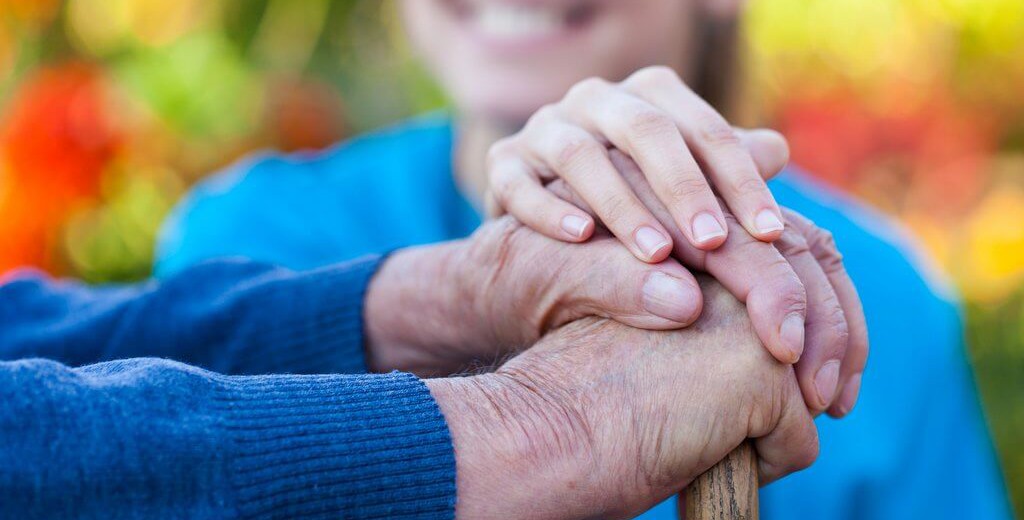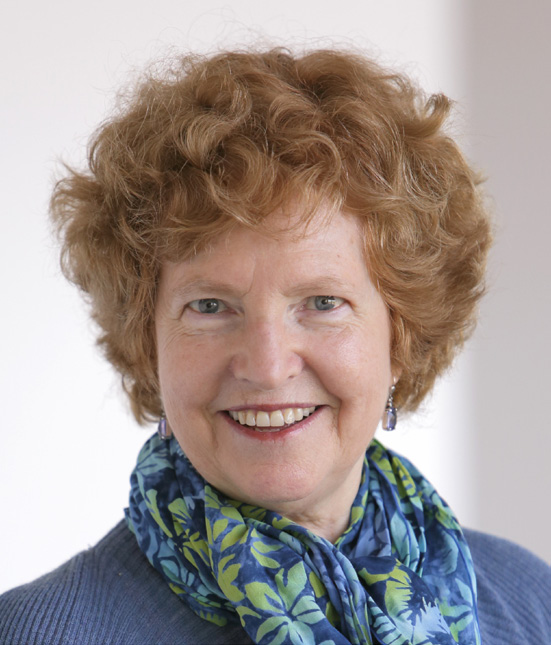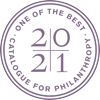
Hello there,
My name is Cherie Sampson. I am a survivor of hereditary breast cancer. During my cancer experience I underwent conventional treatment and surgery along with complementary mind-body healing modalities, representative of the growing field of “integrative oncology.” I attribute the integrative approach as fundamental to my survivorship. I am also an artist and professor of art. I have been creating artistic works about the cancer experience in a project titled, “every.single.one.” In the summer, I will have an exhibition at the Joan Hisaoka Gallery at the Smith Center for Healing and the Arts.
In the exhibition I would like to include a work that shares others’ experiences with integrative healing modalities in cancer care and management. It will be presented on a touchscreen monitor and interactive in the way patients and practitioners often utilize touchscreens in a medical setting.
I am requesting submissions of stories and anecdotes from you: patients, survivors and and/or caretakers – conveying the ways you engaged with integrative oncology and complementary healing methods in your treatment plan or any point along the trajectory of your cancer path. Those stories could be in the form of texts, videos, images and/or audio. Names will be credited or remain anonymous as per your request.
From the Society for Integrative Oncology (SIO) website: “Integrative oncology is a patient-centered, evidence-informed field of cancer care that utilizes mind and body practices, natural products, and/or lifestyle modifications from different traditions alongside conventional cancer treatments. Integrative oncology aims to optimize health, quality of life, and clinical outcomes across the cancer care continuum and to empower people to prevent cancer and become active participants before, during, and beyond cancer treatment.”
Prompts for sharing experiences:
In responding you may be as specific or general as you wish – relaying whatever information or part of that experience is comfortable for you to talk about. Share your diagnosis, treatment and where you are in the process. Identify if you worked at any point with any of the following: integrative oncologist, naturopath, mind-body practitioner, nutritionist, etc. and/or continued or started anew a mind-body practice on your own.
Relay your experience with any of the following:
- nutrition and food (as medicine)
- exercise (& yoga)
- walking
- mind-body therapies (such as acupuncture, massage, aromatherapy, talk therapy, etc.)
- time in nature
- gardening
- naturopathy
- retreats
- travel
- arts & art therapy
- new or continuous learning
- pet therapy
- breath practice
- spiritual practice (meditation, guided imagery, ritual, prayer)
- interpersonal connection and community
- advocacy & volunteerism
You may submit your stories and anecdotes in the form of the written word/text (Word doc or PDF), images (JPEG, PNG or PDF), video and/or audio files or a combination of these mediums. Please submit your contributions by May 1, 2023.
Please submit your contributions via the secure file sharing platform, We Transfer: https://wetransfer.com/. It is free to transfer files up to 2GB on We Transfer. You may send multiple all at once or upload a folder containing multiple files & documents. In the “We Transfer” box, email sampsonch@missouri.edu.
Thank you in advance for your contributions! If you have any questions, please email me (Cherie Sampson) at sampsonch@missouri.edu. If you prefer to send your contributions simply by email to me, please feel free to do so.
NOTE: This is not a scientific study. It will be collection of stories for the sole purpose of presentation in an artistic format. Submissions with inappropriate content, commercial or promotional purpose and those that make outrageous claims about miraculous cancer “cures” will not be integrated into the piece. Please note that some material from respondents maybe require editing for clarity, length (if A/V) and overall presentation. The integrity of the content will not be compromised.





